If you’re trying for a baby, diet should play a part in your pre-conceptual care as it could help enhance your fertility. Kent-based nutritionist and author, Fleur Brown, offers some invaluable nutritional advice…
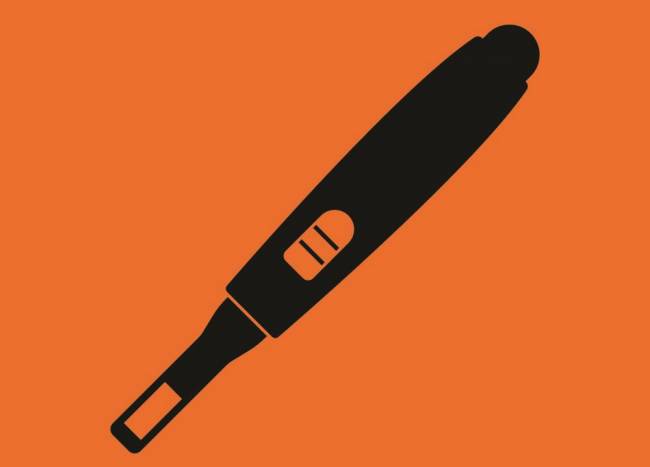
If you’re thinking of starting a family or you have been trying for a baby for some time, taking some of these steps may help enhance your fertility and ensure you have a healthy pregnancy. Remember it takes two to tango and two to make a baby. So, both partners should take steps to actively enhance their pre-conceptual care and fertility, when planning to get pregnant.
1. Ditch the junk food
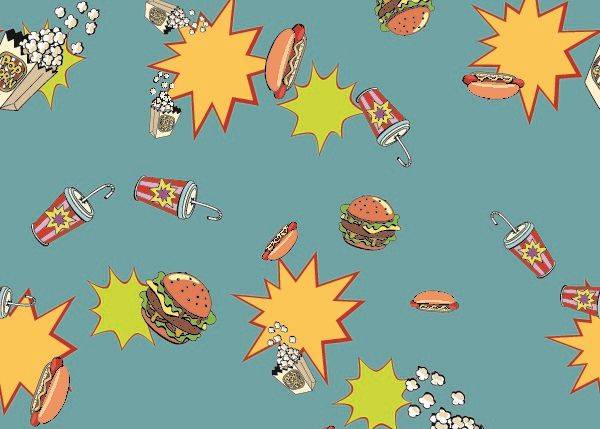
Your baby will be made up of millions of cells that you contributed to. So it makes sense to ensure that the fuel you and your partner put into your bodies will create the best possible building blocks for your baby. Cut down on any processed packaged meals and take-aways and try to cook from scratch – even if it simple meals like a quick omelette with lots of veggies (spinach, peppers, mushrooms for example) and a large side salad drizzled with good quality extra virgin olive oil.
Eat organic wherever possible to ensure you are not putting a whole load of pesticides, fertilisers and preservatives into your body.
2 Increase your protein intake

Protein intake is very important before and during pregnancy, as there will be great demands made on your body for amino acids (the building blocks) as the baby grows in the womb. You should be eating protein at breakfast, lunch and dinner.
Good sources of protein include organic dairy products (avoid cheese from unpasteurised milk when pregnant), whey protein powder, free range or organic eggs, grass-fed, outdoor reared, free range (or organic) red meat, poultry including duck, chicken and turkey, game, offal, and for vegetarians, nuts, organic tofu and bean and grain combinations and pea, hemp or rice protein powders.
3. Avoid having amalgam fillings and eating tuna

Most private dentists have now stopped using amalgam fillings, although these are still used extensively in NHS practices. Amalgam contains mercury – a highly toxic metal that can leech into the body over the years. Avoid having amalgam-containing fillings put in and also, importantly, removed. There is a risk that the mercury in the fillings can flood into the body during the removal process – which can be harmful not just to you but to your baby too.
Big fish such as tuna, marlin and swordfish concentrate and store mercury in their bodies from the waters around them. It is best to avoid these fish both pre-conceptually and during pregnancy.
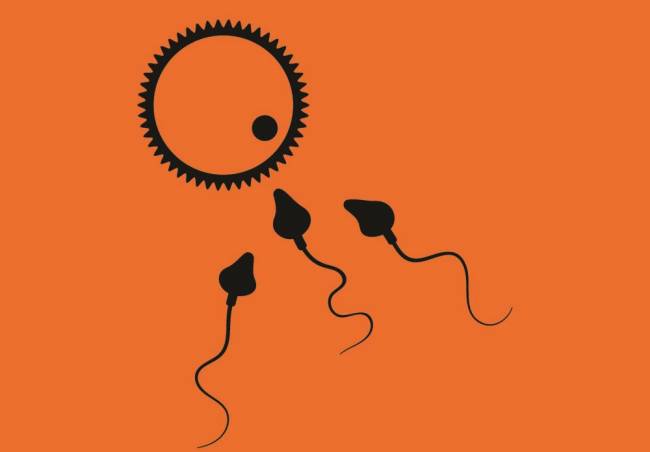
4. Think twice about taking antibiotics

Antibiotics destroy the good bacteria in the gut and can set you up for ensuing digestive issues which may cause malabsorption of nutrients from your diet. Having a bountiful level of good bacteria in your gut can in turn enhance the development of the baby’s gut bacteria, which helps boost a health immune system and reduces the risk of developing eczema and asthma in childhood.
5. Take a good quality multivitamin
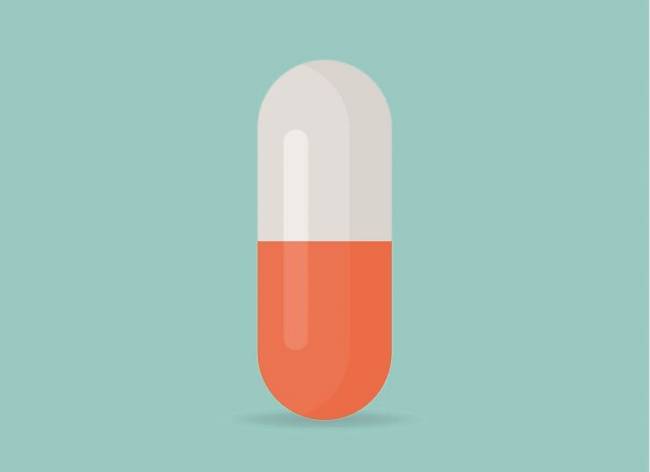
All-round, top-class nutrient status is essential for fertility. Women should take a multi-vitamin that contains at least 400 mcg of folic acid in the MTHFR form, which is a highly absorbable form which can be used effectively by the body. It should be specially formulated for pre-conception and pregnancy. Men should ensure they take a multi that has good levels of zinc to help ensure good quality sperm production. Some of the better brands also contain L-Arginine and good levels of vitamin C to enhance sperm motility. It is best to buy your multivitamin/mineral from a good health food shop, rather than a supermarket brand which could be low in certain essential nutrients.
6. Optimise your Vitamin D level

Vitamin D is now thought to be essential for enhancing fertility and a health pregnancy. Ask your GP to test both of you to ensure you have adequate levels. An optimal level for fertility is around 100 nmol/L to 130 nmol/L – if your levels are anything less than this, you will need to take around 2000 iu of Vitamin D to get your level up. Recheck every three months to ensure it remains at a good level and is not too low or too high. Note: your multivitamin/mineral will contain Vitamin D so the amount in that should be take into account before you decide to take an extra Vitamin D supplement.
7. Don’t skip meals
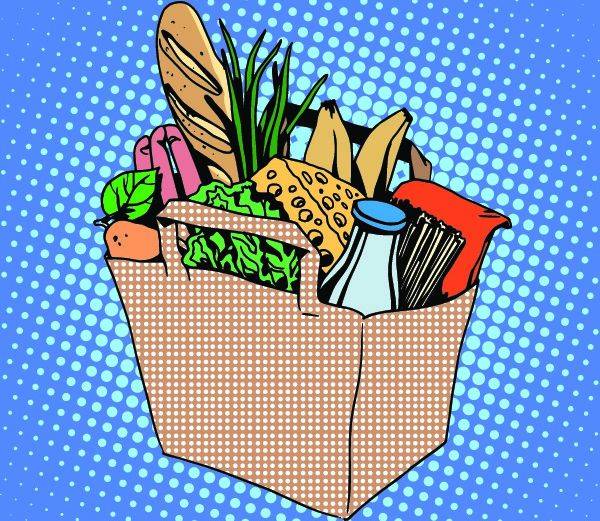
Ensure you keep your blood sugar levels stable. If you have energy slumps, or feel you cannot focus or concentrate after long intervals without food, you need to stabilise your blood sugar by having a snack mid-morning and late afternoon – and ensure you have three meals a day, which don’t have to be huge, but big enough to satisfy your hunger.
8. Avoid alcohol
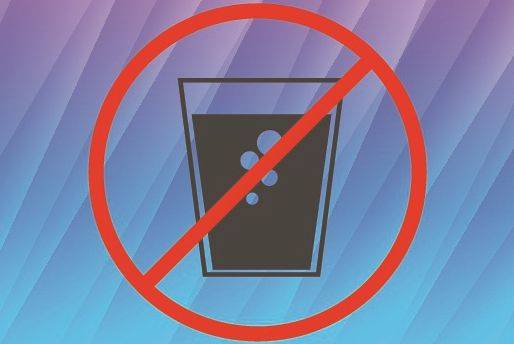
Alcohol can effect fertility. Both partners should avoid alcohol while trying to conceive and women should avoid alcohol when pregnant. Studies show that women who drink five or less alcoholic drinks a week have lowered fertility and those who consumed more than five alcoholic drinks a week took longer to get pregnant.
Men who regularly consume alcohol can also have lower sperm motility and concentration, leading to a lowered chance of fertilisation, so it’s best to ditch alcohol completely for the best chance of success.
Nutritionist, Fleur Brown, is the author of Beat Chronic Disease (Hammersmith Books, £14.99), which is packed with invaluable functional nutrition advice tackling a range of chronic diseases and issues, including fertility.








